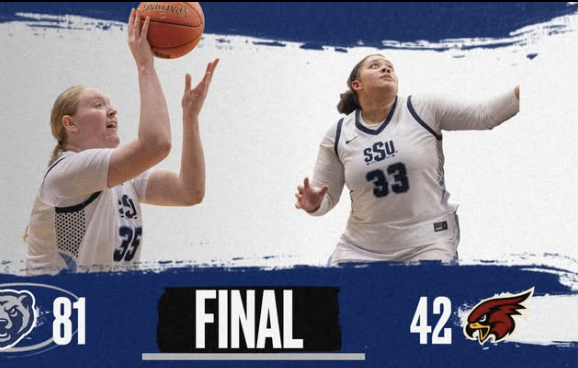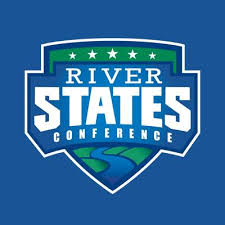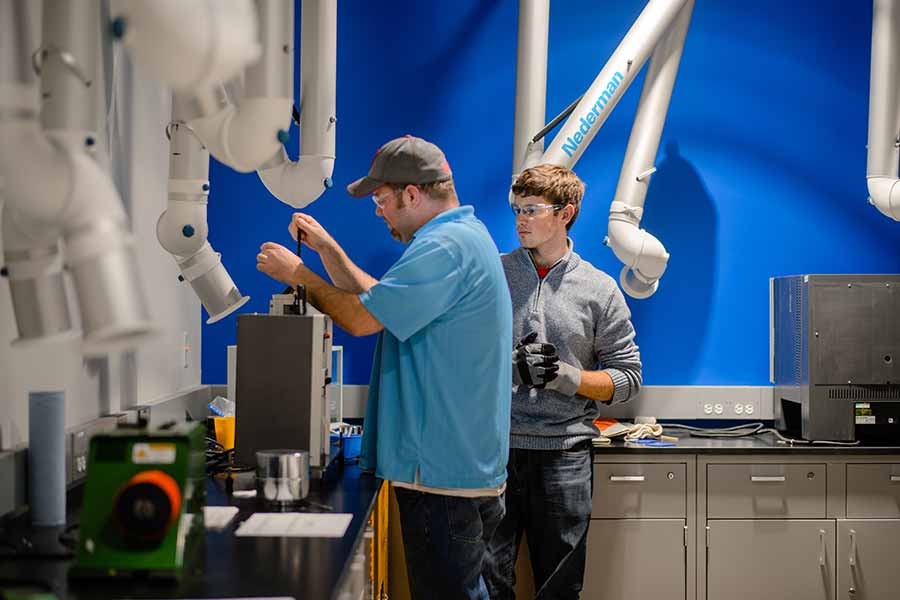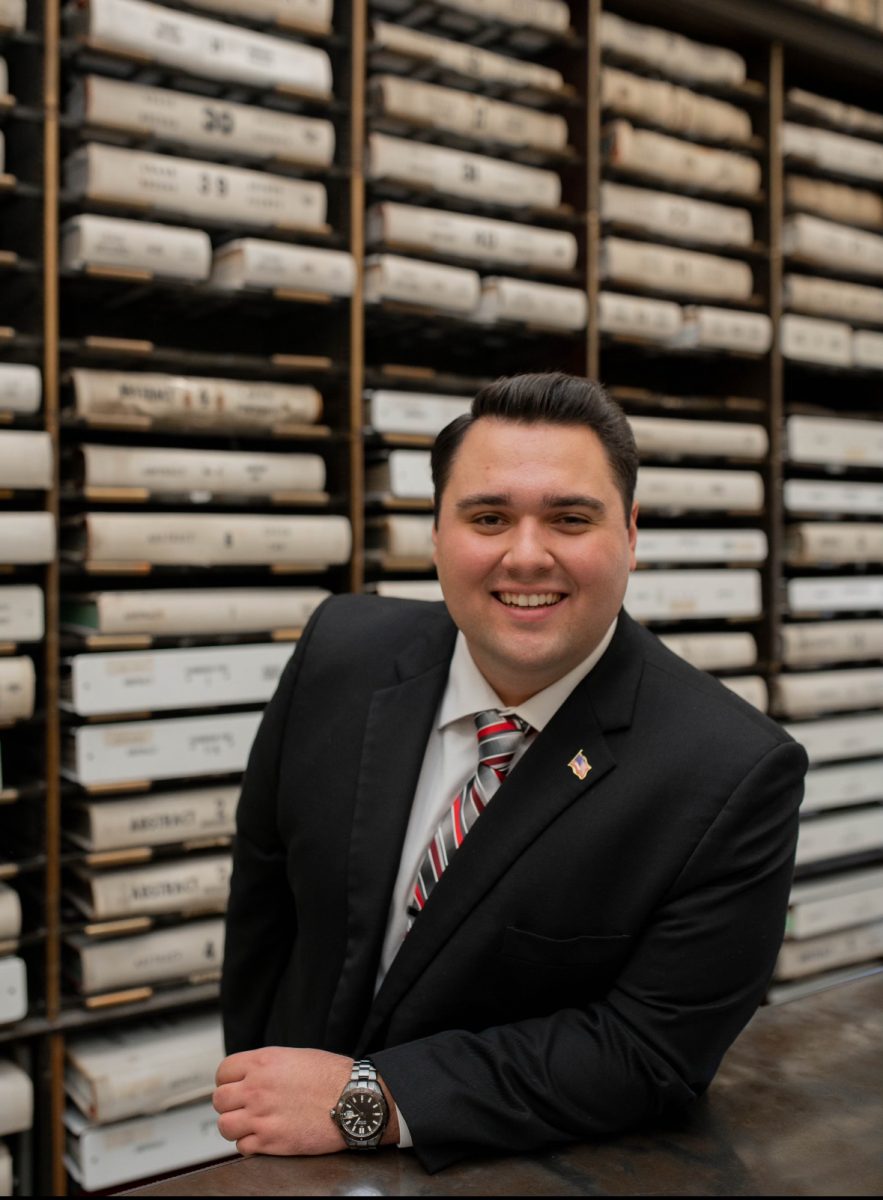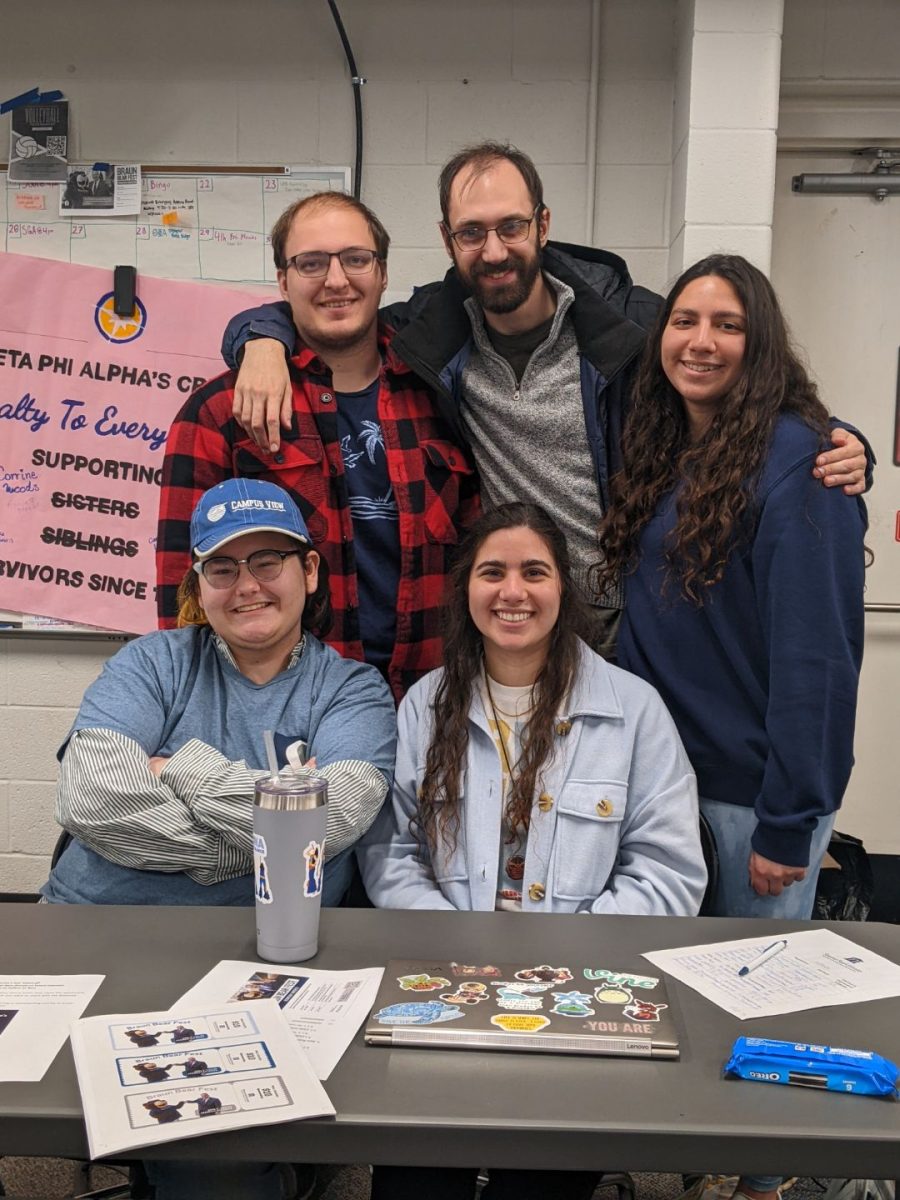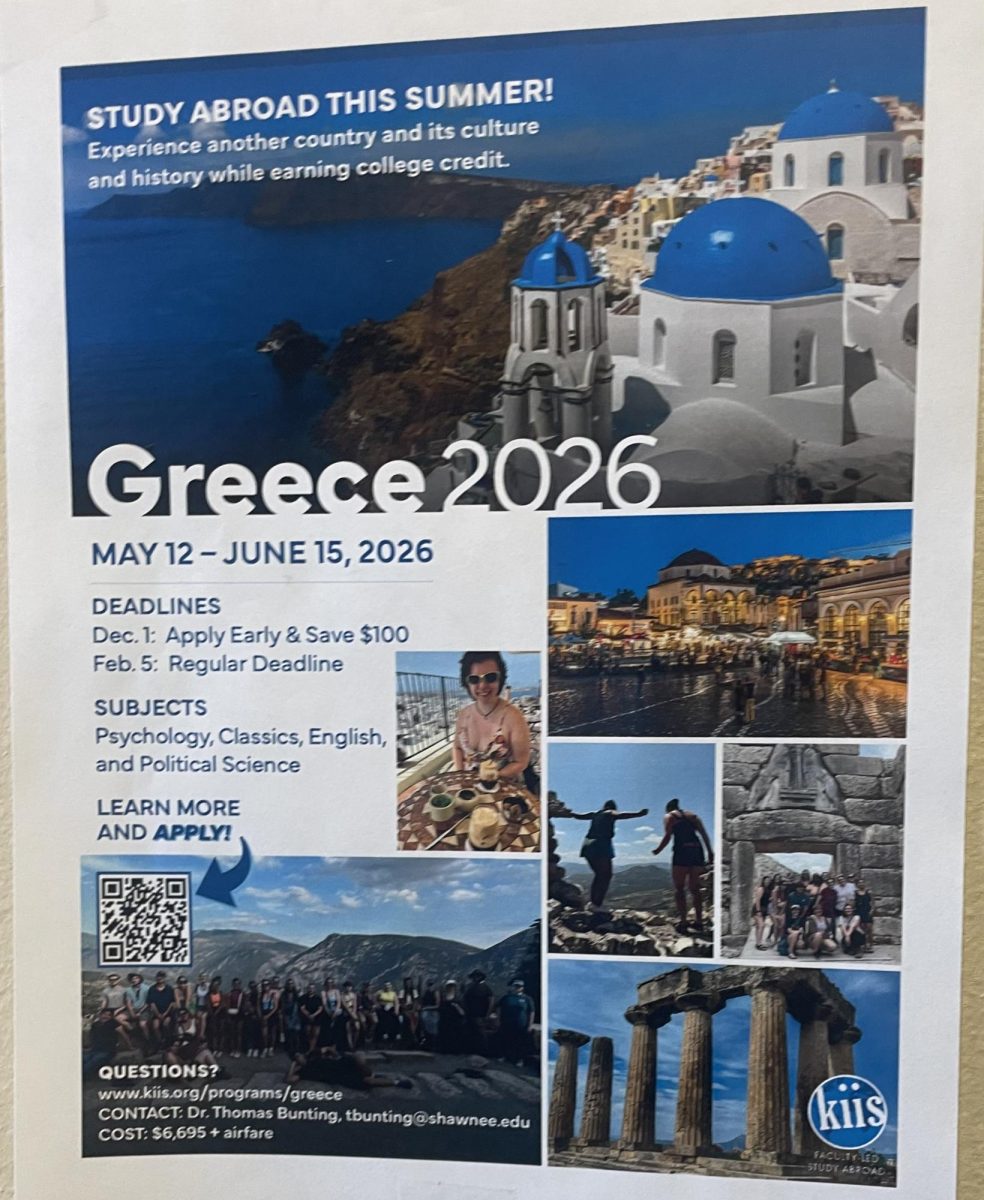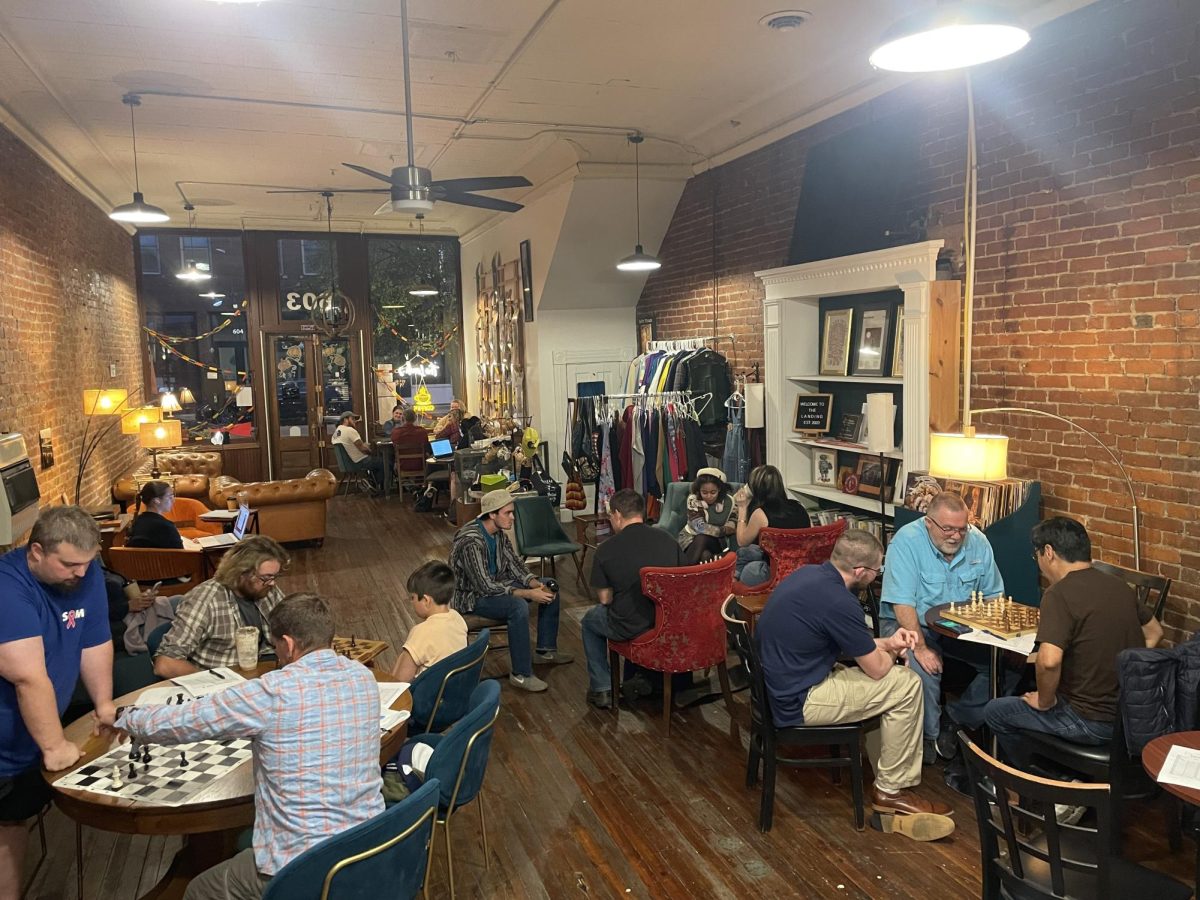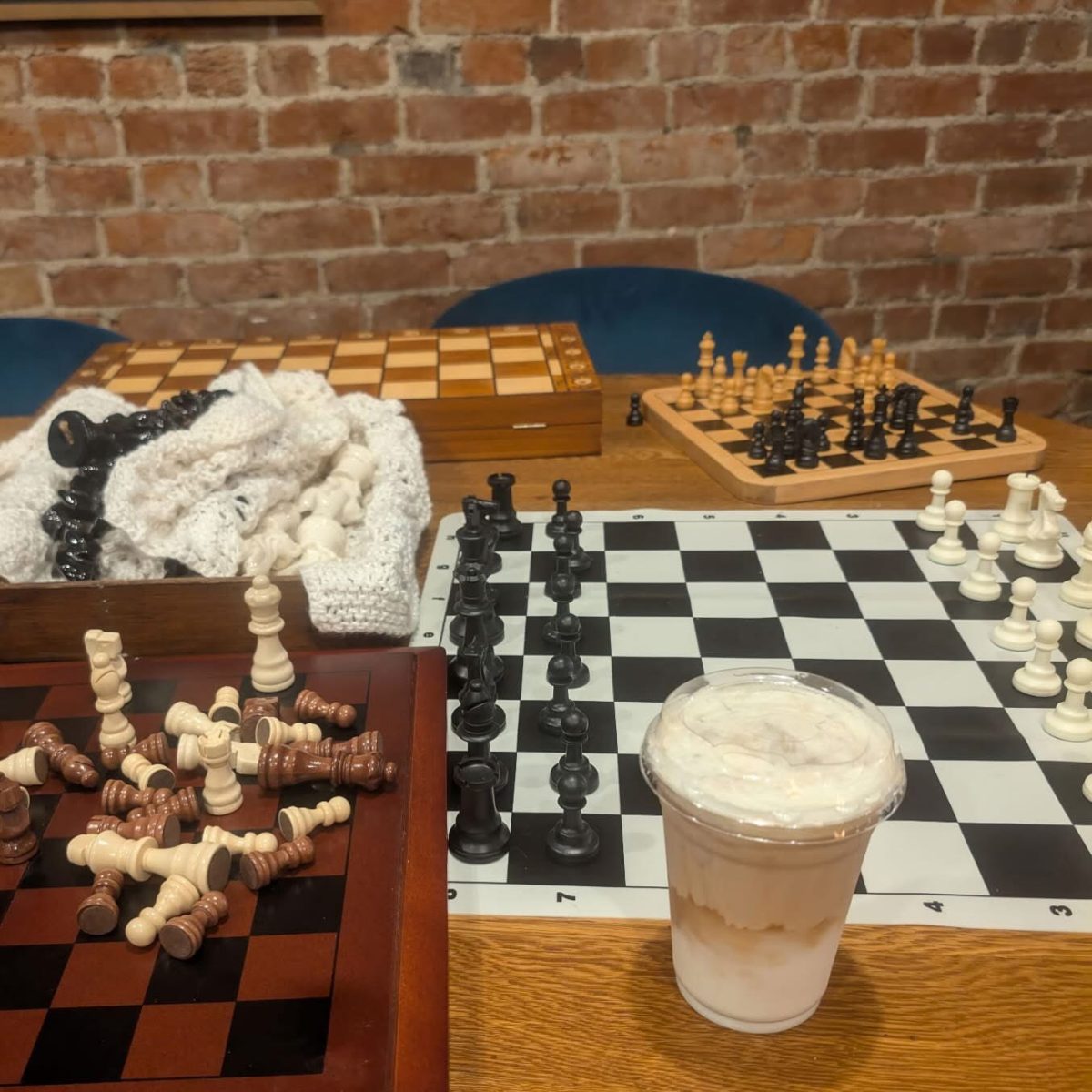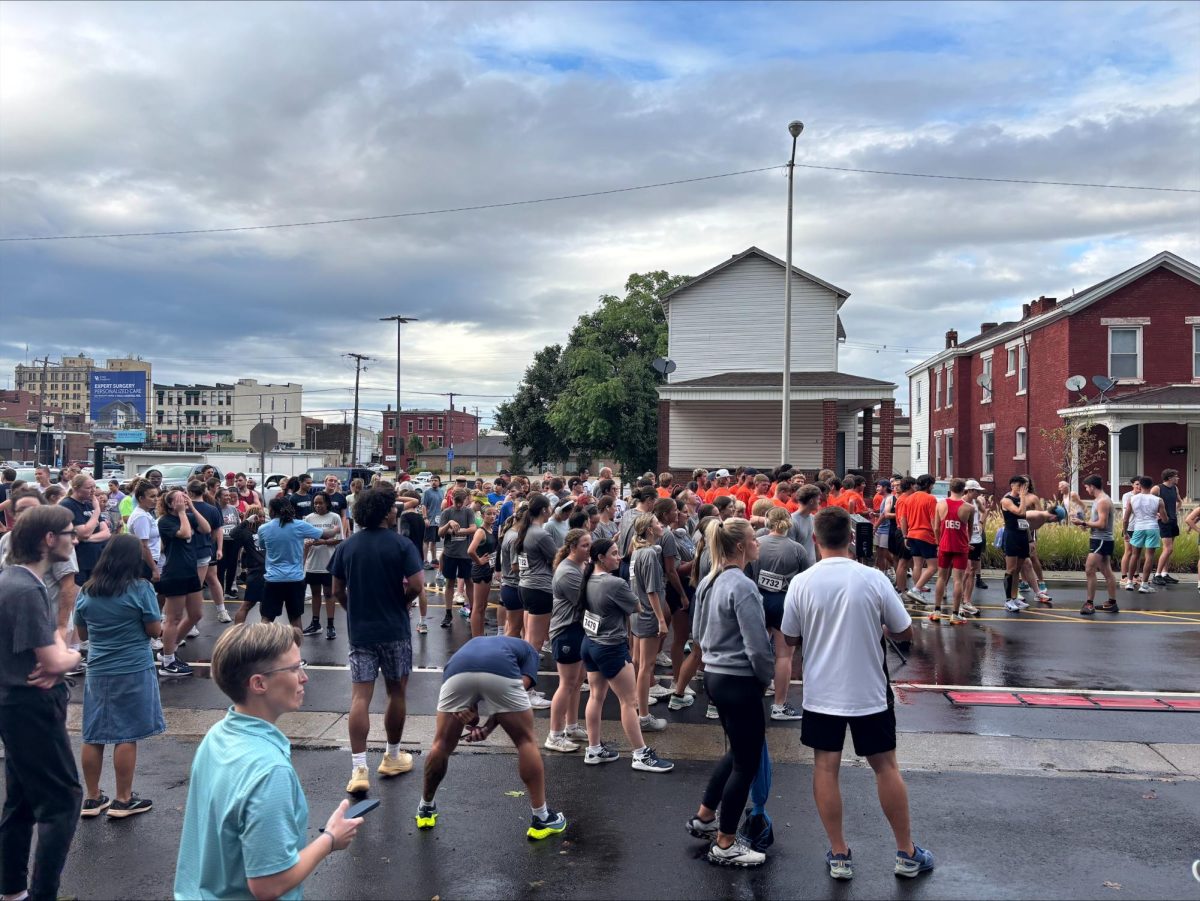Days ahead of the 2024 presidential election, two of the nation’s most prominent newspapers have announced they will not be endorsing any candidate at the national level.
L.A. Times editorials editor Mariel Garza resigned after the paper’s owner, Patrick Soon-Shiong, informed staff they would not be making an endorsement for president.
In an interview with Columbia Journalism Review (CJR), Garza said, “I am resigning because I want to make it clear that I am not okay with us being silent. In dangerous times, honest people need to stand up. This is how I’m standing up.”
Soon-Shiong tweeted, “The Editorial Board was provided the opportunity to draft a factual analysis of all the POSITIVE AND NEGATIVE policies by EACH candidate during their tenures at the White House, and how these policies affected the nation.”
Garza refuted this claim to CJR, stating that she never received the request for an analysis. In her resignation letter, which was published by CJR, Garza wrote, “The non-endorsement undermines the integrity of the editorial board and every single endorsement we make, down to school board races. People will justifiably wonder if each endorsement was a decision made by a group of journalists after extensive research and discussion, or through decree by the owner.”
Soon-Shiong is one of the richest physicians in the world due largely to his invention of the cancer drug Abraxane. In a statement to the New Yorker, he said, “I would like to be remembered, primarily, as a physician-scientist.”
Soon-Shiong did not have a background in journalism before purchasing the Times in 2018; nor did Jeff Bezos, founder of e-commerce giant Amazon and owner of the Washington Post since 2013.
Bezos came to a similar decision, stating that the Washington Post would not be endorsing a candidate in this year’s presidential election, either. As of Oct. 30, more than 250,000 readers of the Washington Post have canceled their subscriptions.
Robert Kagan, opinion editor-at-large for the Washington Post, resigned Friday after Bezos’ announcement. He told CNN, “This is obviously an effort by Jeff Bezos to curry favor with Donald Trump in the anticipation of his possible victory.”
Marty Baron, former executive editor for the Washington Post, tweeted the same day as Bezos’ announcement, “This is cowardice, with democracy as its casualty. (Donald Trump) will see this as an invitation to further intimidate owner (Jeff Bezos) (and others). Disturbing spinelessness at an institution famed for courage.”
William Lewis, publisher and chief executive officer of the Post, said the refusal to endorse was a return “to their roots.” However, the Post has made endorsements in every presidential election since supporting Jimmy Carter in 1976, begging the question of whether the organization is really returning to tradition or abandoning the one they’ve followed for nearly 50 years?
With publications in hot water with their readers, many subscribers and observers are questioning whether or not billionaires need to be making the final call when it comes to what gets printed.
SSU’s own communication professor Christy Zempter spent 17 years as a journalist and offered a few insights to help readers understand the conflict happening with some of the nation’s most well-known newspapers and what it means for the future of journalism.
“Journalism has been in crisis for a couple decades,” she said, adding that when billionaires like Bezos and Soon-Shiong entered the scene, they often framed themselves as potential saviors of the press.
“They gave some the impression that they cared about free speech and accountability, and wanted to save major newspapers from going under, but there was a lot of skepticism in journalism circles,” Zempter said. She added that the skepticism often centered on potential conflicts of interest that could arise in both news coverage of the new owners’ other business ventures and editorial stances on issues that could affect those ventures. “It can be questionable in terms of integrity.”
Zempter noted that while endorsements emerge from the opinion side of the newsroom, they are usually informed by careful analysis of candidates or issues and deep conversations among members of the editorial board. This collective process often involves considerable debate before the board reaches a consensus about how to best reflect the newspaper’s values in its endorsement.
“When it’s the owner alone making that decision, it indicates overstepping,” Zempter said.
Some observers have expressed growing worry over the future of journalism, citing cancelled subscriptions as a cause for concern. Zempter indicated that the viability of news organizations the size of the Washington Post and the Los Angeles Times is unlikely to be threatened by this wave of cancellations. She added that many of the journalists who have resigned their posts in protest of the owners’ decisions are established enough in their field that they will likely be able to find work elsewhere.
Zempter said the real area of concern is in local journalism. The number of newspapers operating in the U.S. has decreased dramatically over the last two decades, disproportionately affecting coverage of local communities and state governments. For readers concerned about how to support accountability journalism more broadly, Zempter recommended contributing to ProPublica, an independent, nonprofit news organization that frequently partners with local journalists to conduct the hard-hitting investigative journalism that has been lost in many communities. ProPublica covers a range of topics from politics to health care to criminal justice and “practices transparent financial reporting” so anyone can see how funds are spent.


